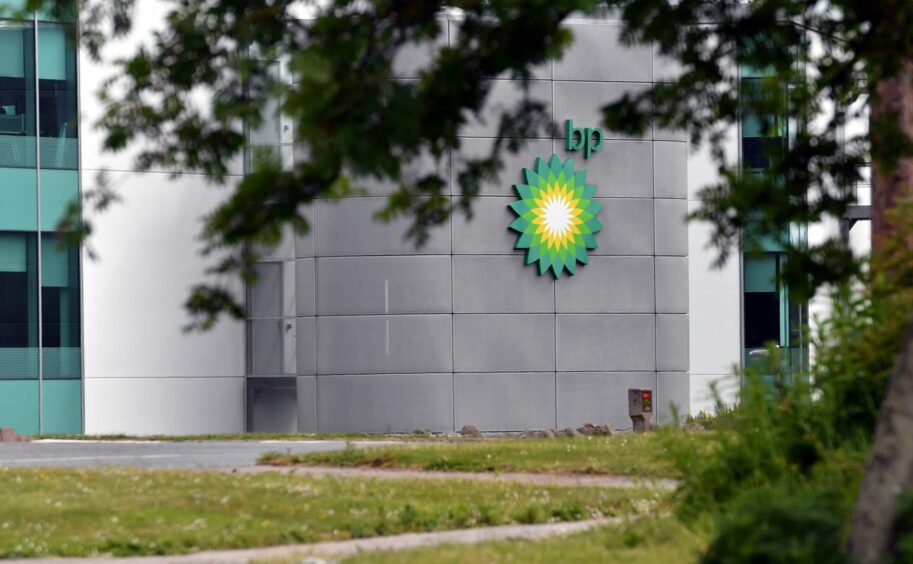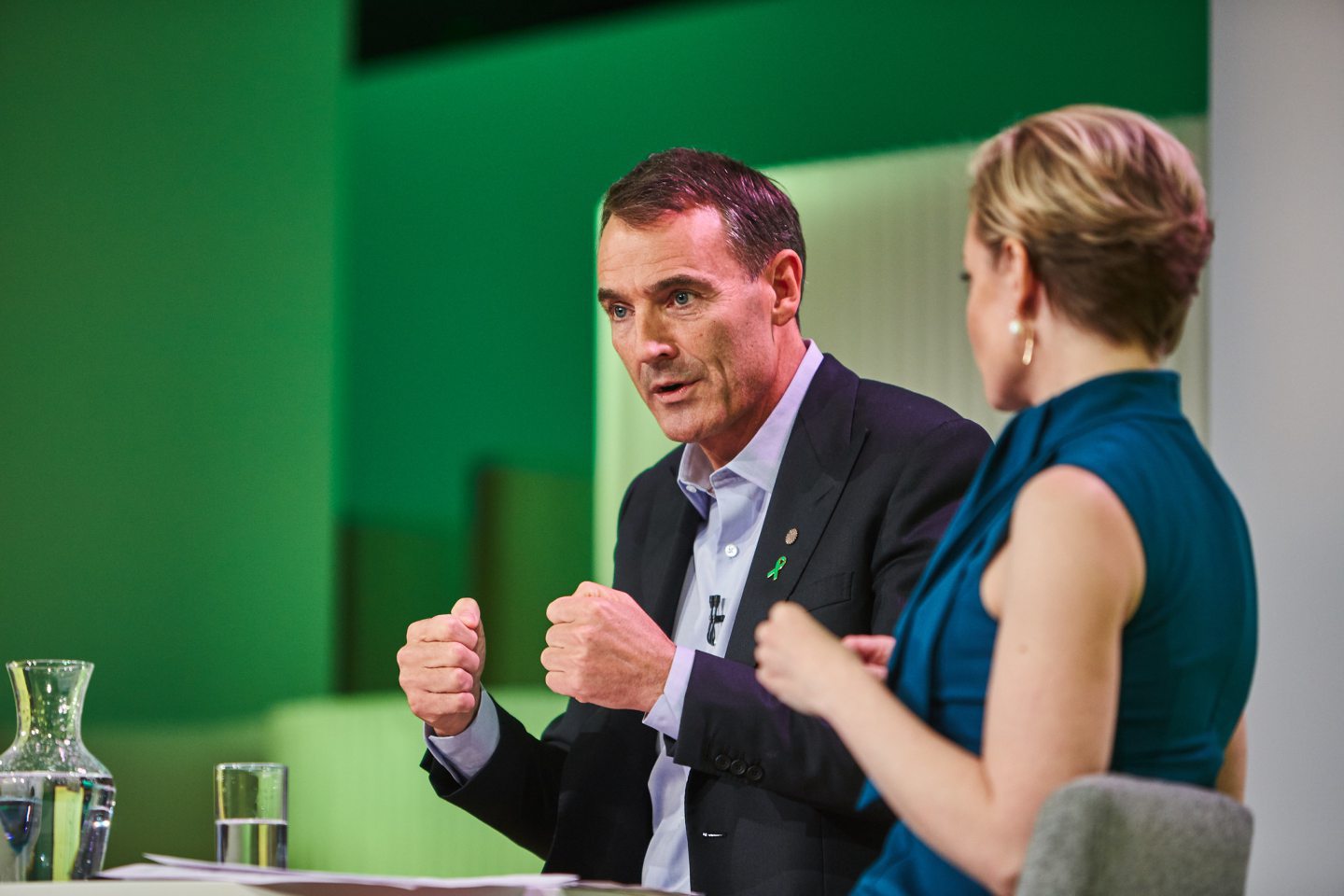
Energy giant BP (LON: BP) has unveiled its second quarter results, reporting net profits of $2.58bn and providing an outline of its UK windfall tax payments.
Those net profits are down significantly from the same quarter of 2022, which stood at $8.45bn, with BP citing “significant turnaround activity and weaker margins”.
That’s a similar picture to other oil majors, like Shell, Eni and TotalEnergies, who all reported reduced – yet still significant – Q2 profits last week as oil and gas prices have dropped.
Even with the 69% reduction in net profits, BP is increasing the dividend by 10% to 7.2 cents per share, and announcing a further $1.5bn in share buybacks, to be completed before its October Q3 results.
So how much tax is the London-listed energy giant paying?
Windfall tax
BP said its global effective tax rate for the first half of the year – Q1 and Q2 – was 41%.
Over that first half, BP’s UK North Sea business incurred tax of $970m.
Of that $970m, BP said $460m was paid out directly due to the windfall tax.
That compares to global net profits in the first half of the year of $7.5bn – BP’s profits directly from the UK have not been disclosed.
CFO Murray Auchincloss has previously said the UK business covers around 15% of the global total.
The UK windfall tax, which recently had a price floor imposed, is set at a 35% rate.
Taken with other taxes on operators, North Sea players have an overall tax rate of 75%.
This can be offset against a 91% investment allowance mechanism which rewards spending on new oil and gas developments, and an even greater subsidy for offshore electrification projects.
BP results
Alongside the figures for underlying replacement cost profits – a proxy for net profits – BP reported operating cash flow of $6.2bn in Q2 2023, down from $10.8bn in the same period last year.
In the period it brought online two oil and gas projects: Mad Dog Phase 2 in the Gulf of Mexico and the KG D6-MJ project in India.
The UK features prominently in BP’s low-carbon energy efforts for the quarter; it signed an agreement to take a 40% stake in the Viking CCS development, which this week received Track 2 funding status from the UK Government.
BP also won acreage in the Scottish INTOG wind leasing round, and three of its hydrogen and CCS projects in north-east England were chosen by the UK Government to proceed for next development stages.
Eslewhere, BP highlighted the award of offshore wind rights in Germany, and the formation of an offshore wind joint-venture in South Korea.
CEO Bernard Looney said: “Another quarter of performing while transforming. Our underlying performance was resilient with good cash delivery – during a period of significant turnaround activity and weaker margins in our refining business.
“We’re delivering our strategy at pace – we’ve started up two major oil and gas projects to help keep energy flowing today and we’re accelerating our transformation through our five transition growth engines.
“And we’re delivering for shareholders growing our dividend and announcing a further share buyback. This reflects confidence in our performance and the outlook for cash flow, as well as continued progress reducing our share count.”
Buybacks and backlash
The results come a day after UK PM Rishi Sunak announced further support for oil and gas exploration, which has drawn huge criticism in light of climate obligations.
Jonathan Noronha-Gant, senior campaigner at NGO Global Witness said it reflects “a broken energy system” with the need for an “urgent transition” to a renewables-based energy system.
Greenpeace said Prime Minister Rishi Sunak “should properly back the cheap, homegrown renewables, and invest in insulating our leaky buildings so we can transition away from fossil fuels and force the industry to stop drilling and start paying for the damage they are causing around the world.”
BP shares are trading at £4.83 as of 7.55am.
Recommended for you


 © Supplied by BP
© Supplied by BP